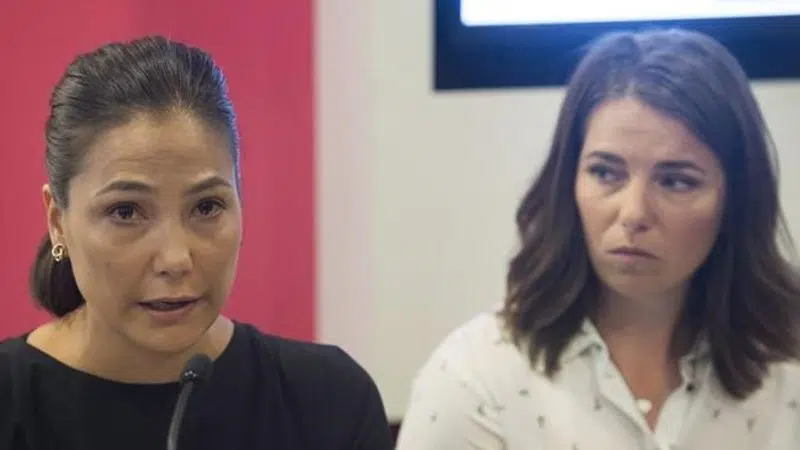
Former skiers reach out-of-court deal with Alpine Canada in sex assault lawsuit
MONTREAL — Alpine Canada admitted Tuesday it had put its interests before those of three young female skiers who were sexually abused by their coach in the 1990s.
Canada’s national governing body for alpine and ski cross racing said it was “profoundly sorry” in a news release announcing it had reached an out-of-court settlement with the former athletes over sexual abuse by one-time national ski coach Bertrand Charest.
Former skiers Genevieve Simard, Gail Kelly and Anna Prchal had accused the sports federation of covering up Charest’s sexual abuse in the interest of results on the slopes and sponsorship money.
“Although we cannot undo what happened, we feel it is important to recognize and acknowledge that instead of providing support when the abuse was discovered, Alpine Canada put itself first, not the victims,” the federation said. “For this, we are profoundly sorry.”
